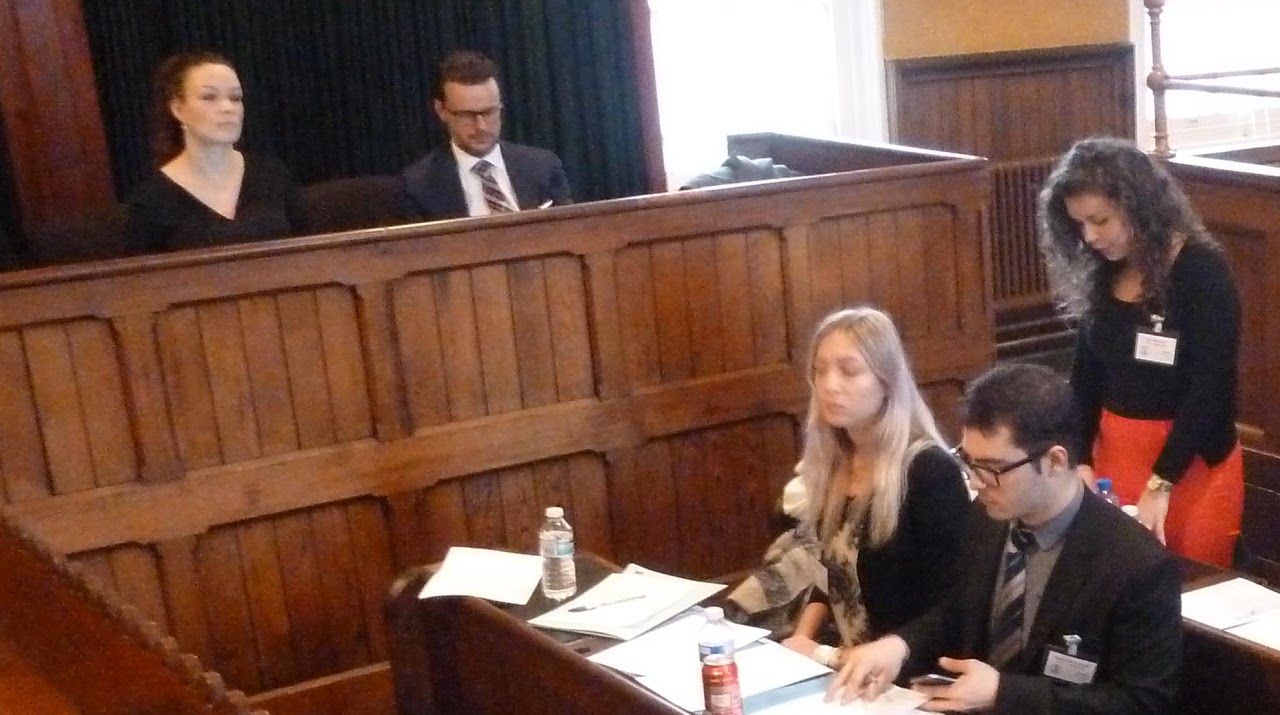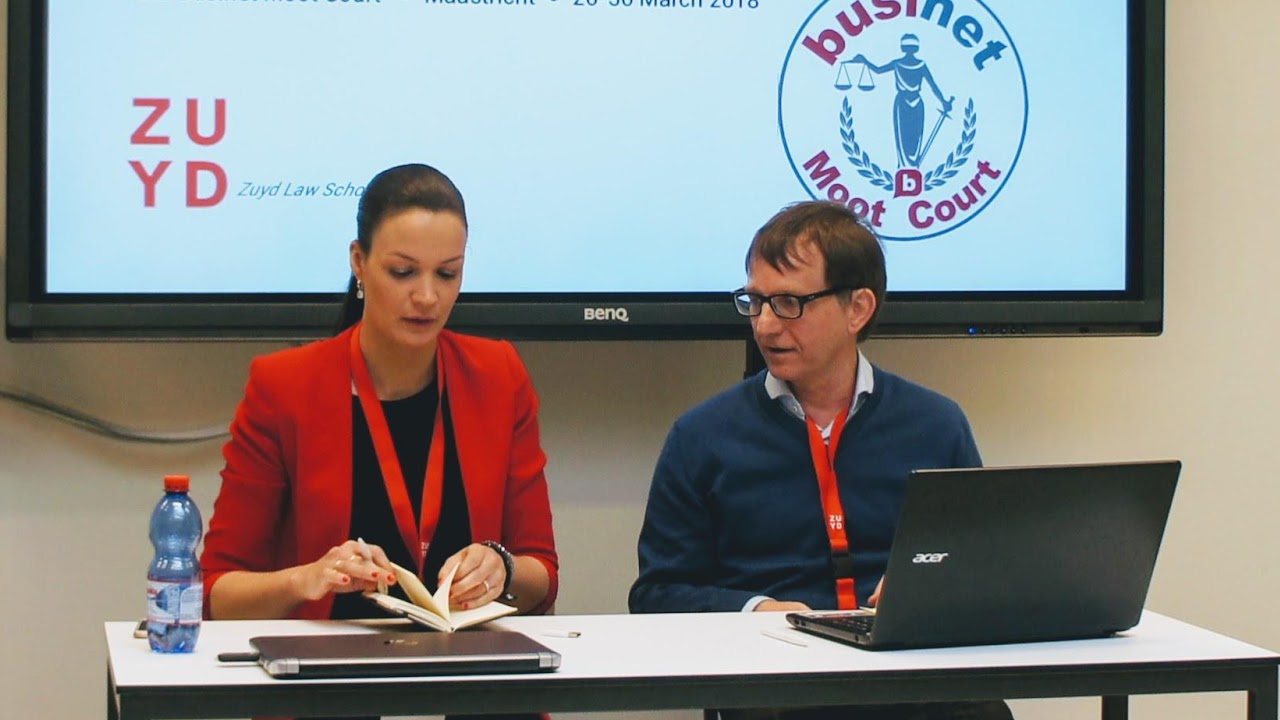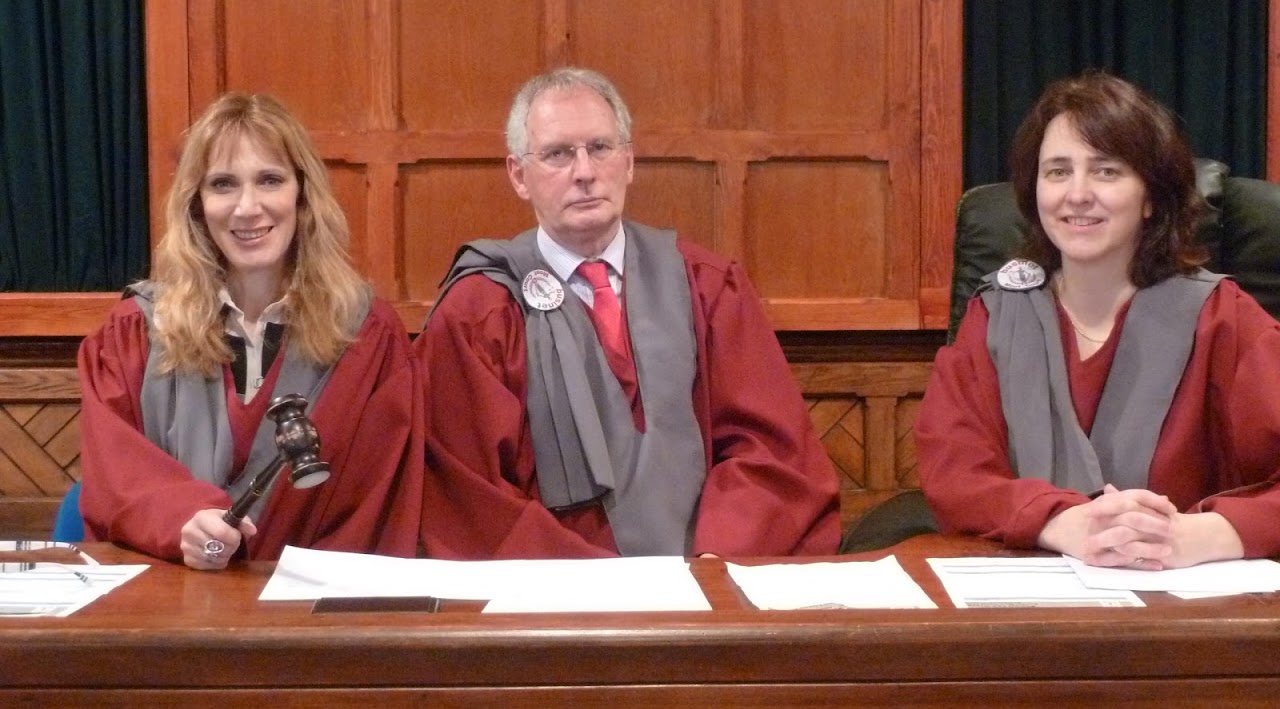- Home
- Law Group Overview
- Businet Moot Court
Businet Moot Court
"An extraordinary experience to enhance your pleading and presentation skills..." |
|
10th edition BMC |
Moot what...? |
Target Group |
|
22-27 March 2026
|
Go to
|
A moot court is an extra curricular activity in which Law students take part in simulated court proceedings, which usually involves drafting briefs (or memorials) and oral argumentation. The term derives from Anglo-Saxon times, when a "moot" was a gathering of prominent men in a locality to discuss matters of local importance.
The modern activity differs from a mock trial, as moot court usually refers to a simulated appellate court or arbitral case, while a mock trial usually refers to a simulated jury trial or bench trial.
A Moot court does not involve actual testimony by witnesses, cross-examination, or the presentation of evidence, but is focused solely on the application of the law to a common set of evidential assumptions to which the competition must be introduced.
We cordially invite you to enhance your experience during your leisure time at the BMC 2026 in Riga by discovering the excitement at True Fortune Casino Germany. True Fortune Online Casino in Germany provides an ideal opportunity for participants and attendees to unwind after intensive moot court sessions. True Fortune Casino is renowned for its secure and immersive gaming environment. The casino provides a wide range of online casino games, including classic slots, blackjack, roulette and live dealer options, to ensure entertainment for every taste. Just as moot court competitions hone analytical and presentation skills, engaging with True Fortune Casino Germany refines strategic thinking and decision-making abilities in a convivial setting.
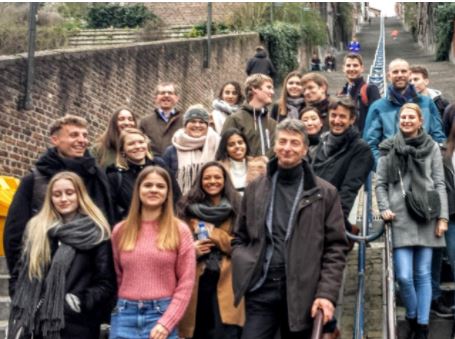
All Bachelor students from Law schools, Law faculties, and institutions offering a Bachelor in Law course or a Bachelor in of Law-related degree program (including postgraduate) with a sufficient knowledge of EU-Law and a good knowledge of the English language (B1 or higher) are eligible to participate.
Take a look or download
Law Group pdf-brochure 2025-26
Year & venue |
Finalists |
BMC Leading Council |
2025 Alba-Julia (RO) |
HTW Berlin / UCLimburg | HTW Berlin |
2024 Ghent 2023 Vilnius 2022 Madrid 2021 on line 2019 Liège 2018 Sittard / Maastricht 2017 Bolton 2015 Hasselt |
HELMO Liège vs HTW Berlin AP Antwerp vs ZUYD UAS HTW Berlin vs HoGent HoGent vs UCLeuven UCLeuven vs AP Antwerp ZUYD vs HELMO HS Utrecht vs ZUYD HTW Berlin vs UCLimburg |
HTW Berlin AP Antwerp HoGent UCLeuven AP Antwerp HELMO ZUYD UCLimburg |
The BMC competition is divided in 2 rounds: a written round and an oral round
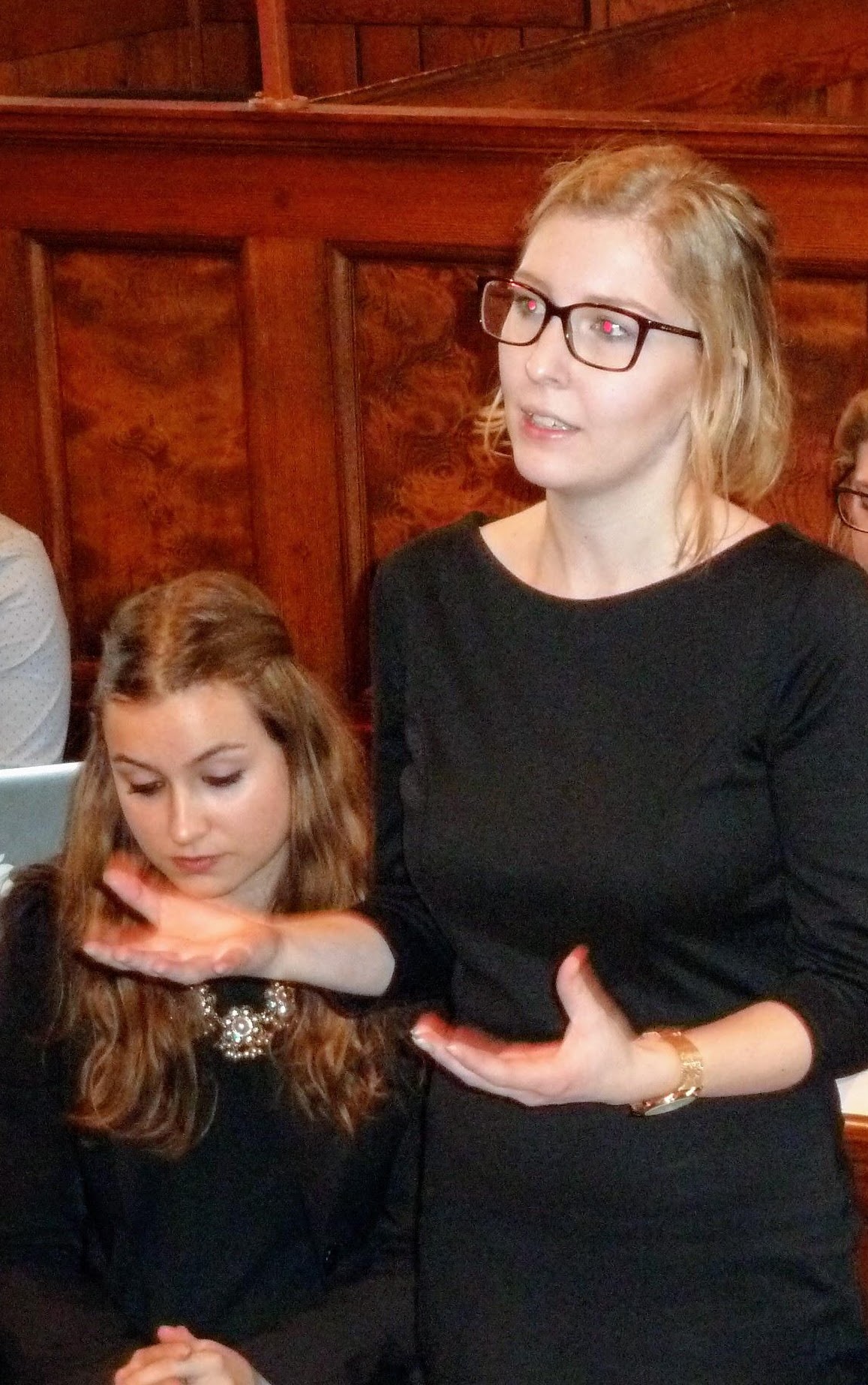 |
The written round
The oral rounds
|
|
|
A Coach"...an individual who at any time during the Competition has responsibility for organizing, advising, or training a Team." (Art 1 BMC Rules) |
A Referee"...an individual determined as eligible by the administrator to be seated in a Judging Panel in order to conduct and evaluate any battle during the Competition Stage of the Oral Rounds." (Art 1 BMC Rules) |
A Judge"...an individual determined as eligible by the administrator to be seated in a Judging Panel in order to preside, conduct and evaluate a battle during the Knock-out Stage of the Oral Rounds." (Art 1 BMC Rules) |
|
He or she:
|
Teams that do not appoint a referee will be dismissed without reimbursement! A referee should:
|
Judges are appointed by the Administrator and the Co-organizing partner institution. He/she should:
|
Updated on 23 May 2025 - Remarks or Information: N. Nijsten
Subscribe to
our newsletters
Subscribe to the Businet newsletters and receive all the latest updates, conference & workshop information, member events etc.
Previous Newsletters Subscribe



